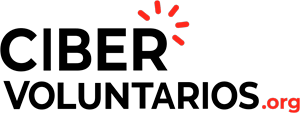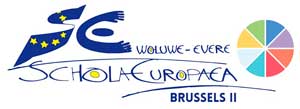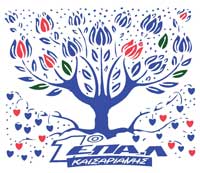
Challenges and solutions in the fight against misinformation
11/03/2024 Docheck
Members of DoCHECK! conducted a field study based on focus groups to analyze the level of knowledge among young people, teachers, and parents regarding the misinformation to which adolescents are exposed
In an attempt to gauge the level of awareness regarding the challenge of disinformation, members of the DoCHECK! project conducted a study that yielded significant insights. This field research, carried out via six focus groups in each partner country, primarily aimed to uncover participants’ understanding of disinformation, identify their preferred media consumption channels and establish methods for assessing information accuracy.
The focus group sessions not only facilitated the collection of valuable data to develop new educational tools in media literacy but also served as a platform for collaborative analysis, laying the groundwork for generating solutions to the disinformation issue. In this context, power dynamics were carefully managed and efforts were made to promote equitable participation, despite a slight male predominance observed in some cases. The emphasis was on fostering inclusive conversations that encouraged all participants to engage equally in the discussions, fostering an environment conducive to group interaction.
Discussions brought to light a noticeable generational gap, with young individuals considering themselves less vulnerable to hoaxes compared to their older counterparts. However, both adults and youth shared aligned perceptions on certain matters, blurring the lines between these demographic groups. While adults expressed concerns about young people’s exposure to disinformation, they recognized the youth’s significant proficiency in navigating digital platforms and addressing the challenges posed by disinformation.
The credibility of social media came under scrutiny, with skepticism regarding its reliability as an information source. Nevertheless, participants expressed interest in receiving training on critical thinking and tools for evaluating audiovisual content on platforms like TikTok. Platform usage preferences varied according to age, underscoring the necessity for tailored educational approaches.
Understanding the motivations behind disinformation proved intricate, spanning from the pursuit of fame to economic and political interests. Proximity to personal issues heightened awareness of the dangers of disinformation, highlighting the intersection between emotions and information processing.
Participants emphasized the necessity of integrating media literacy and critical thinking courses into school curricula, further emphasizing the significance of teacher training. However, they acknowledged limitations in their media consumption habits, revealing the paradox of seeking enhanced critical skills while facing barriers in diversifying information sources.
Overall, the results of the study conducted through these focus groups provided a nuanced and comprehensive understanding of perceptions surrounding disinformation, generating not only challenges but also actionable solutions to progress toward a more informed and connected society.











